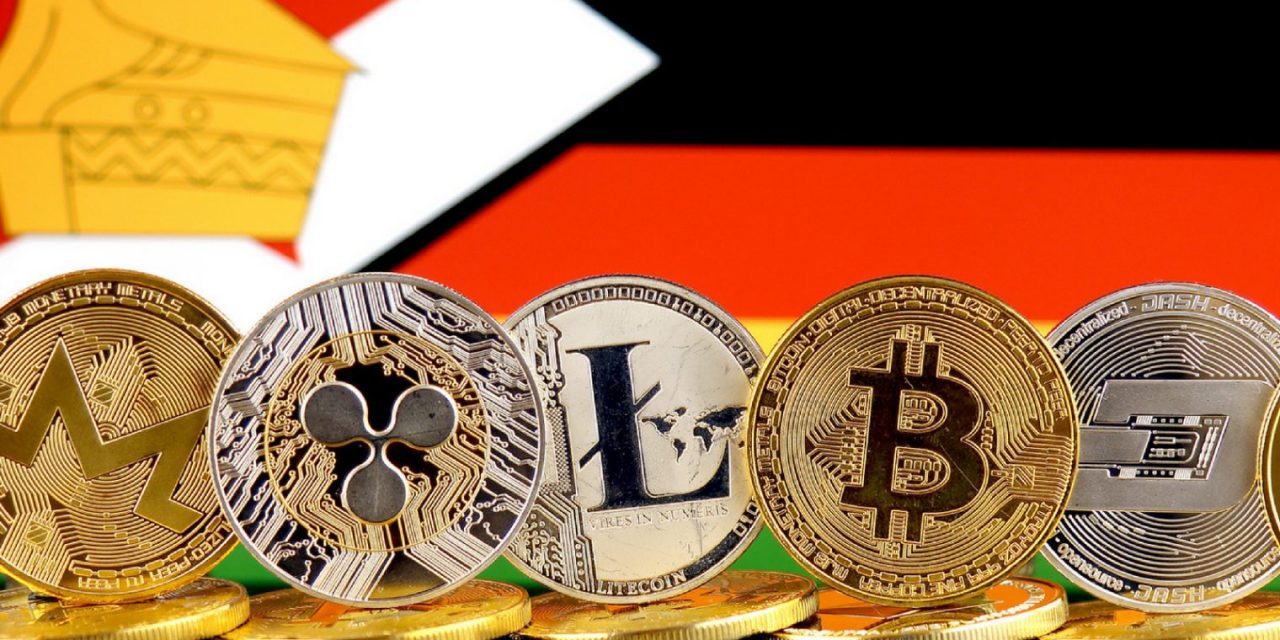Chances are you’ve heard about the term ‘cryptocurrency’ and might be wondering what it is. For those of you who might have an elementary appreciation of the subject, you might be sceptical about it. It suffices to say that the two preceding points are currently at play i.e. an increasing awareness and a general scepticism on whether or not cryptocurrency is efficacious. Overall I’m fully persuaded cryptocurrency still remains the next big thing in the financial sector. What makes it even interesting is that there’s now a growing local interest in cryptocurrency.
What Is Cryptocurrency?
Well, doing justice to this question would really require a series of articles because of the intricate and somewhat complex nature of the subject (particularly for novices). A cryptocurrency is basically a digital asset that’s set up to function as a medium of exchange. Once officially listed on an exchange it becomes actually tradable with fiat currencies (i.e. the USD, Euro, Pound and so on). Financial transactions, the addition of new units, verification and transfer of assets are governed by top-notch cryptography. Cryptocurrencies operate using blockchain technology (another buzz term). Blockchain technology works on the principle of something similar to a distributed public ledger. By distributed public ledger I mean that the database of all transactions exists on many computers all at once. This means transaction data is encrypted in such a way that makes it immutable yet also secure and transparent.
Why It’s A Big Deal?
The other powerful attribute of cryptocurrency is enshrined in its base technology – blockchain. If you grasped something from when I discussed a bit about blockchain you’ll infer that issues like corruption become very difficult to practise due to its immutability and security.
That’s one of the reasons I feel most governments are heavily opposed to cryptocurrencies. Cryptocurrencies, if adopted on a national scale get rid of money printing and corruption thus bringing down notorious financial cartels that usually hold nations at ransom.
The other strength of cryptocurrencies lies in the ability to send or receive it across international borders without any hassles. I have a first-hand account of this and it’s quite amazing. Earlier this year I was chosen to be an online product tester for the Solar Wallet that was (and still is) being developed for Stellar Lumens (another type of cryptocurrency) by Satoshi Pay. My reward which was USD50 worth of Stellar Lumens was sent from Germany to my Solar Wallet here in Zimbabwe instantly.
Why The Growing Interest Locally?
A story is told of a certain man from Norway who bought USD27 worth of bitcoins (that was 5 000 bitcoins at the time) in 2009. Interestingly he actually forgot about them for years only to realize about 5 years later that they were now worth USD980 000. Bear in mind that in 2009 that’s when Bitcoin started so that puts something into perspective. There’s also a funny story of a guy who used 10 000 bitcoins to buy 2 pizzas in that same 2009. For me, these two stories epitomize how wise it can be to invest in a cryptocurrency as soon as it’s launched and how costly it can be if you don’t project into the future.
There is Zimbocash which is a local digital currency currently being developed. Their belief and persuasion in coming with this drive is the hallmark of some of the powerful features of cryptocurrency. Zimbocash wants to establish a decentralised local digital currency that’s in fixed supply – note ‘fixed supply’. This means this would have the immense potential to get rid of money printing – which is a major driver of inflation. Consider now that the government is working towards reintroducing the Zimbabwean dollar and that obviously creates the platform for unchecked money printing – something mostly rampant in Zimbabwe.
Local interest is growing because people know that appreciation for cryptocurrency is still in its infancy. Actually, we now have local cryptocurrencies like Zimbocash which are in the process of preparations for an official launch. There’s also another local cryptocurrency called ZiNotes but the downside is if you want to get it you have to buy it using Ethereum or Bitcoins (i.e. other cryptocurrencies). 1 ZiNote is approximately worth USD4.67 at the moment.
The other issue is also premised on the fact that whilst here you can get online jobs or tasks where you are to be paid in cryptocurrency (consider my earlier personal example). Plus there are also locals who are buying cryptocurrencies in exchange for fiat currencies. Suppose I have Stellar Lumens and someone is willing to pay cash or Ecocash for them – it’s becoming popular locally. This is also being fuelled by several airdrop programs where you get free cryptocurrency for downloading a newly introduced cryptocurrency wallet.
The downside of cryptocurrency such as Bitcoin has been the lack of both intrinsic value and backer. The values of cryptocurrency are derivative, that is to say, there is no asset or activity backing the currencies. Contrast this the old gold standard for currency and the modern convention of a central bank or issuer that guarantees the value of the currency (not always successfully). Cryptocurrency values are based solely on what other people are willing to pay for them. The Bitcoin crash experienced recently is good evidence of the effect of this. The cryptic nature of the currencies has led to speculation about them being used as convenient ways to move around money for organisations which are less than legal. Also, the complexity in cryptocurrency makes it a scary prospect to get involved in. Many people can barely understand or explain cryptocurrency and this makes it unwise for them to invest in it.
Given our dogged monetary situation the adoption of cryptocurrencies by Zimbabweans should not be a surprise. Also, unsurprising is that the Reserve Bank of Zimbabwe moved to ban cryptocurrency. These local variants are evidence of its continued growth potential and the end of the multicurrency era may add more fuel to the fire. For crypto enthusiasts, it’s a great time and those who are interested will certainly find value in at least learning how these work. Study them carefully and exercise due caution of course. That said it’s a great time to get into them.








